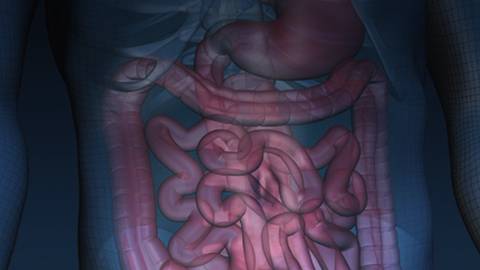Resistance to proton pump inhibitors, or PPIs, is not uncommon among patients with gastroesophogeal reflux disease, or GERD. How should physicians initially approach managing patients with suspected GERD, and at what point should physicians classify a patient as a PPI non-responder? Our guest, Dr. Brian Lacy, associate professor of medicine at Dartmouth Medical School, and director of the GI Motility Laboratory at Dartmouth-Hitchcock Medical Center in Lebanon, New Hampshire, suggests tests that physicians might use in evaluating patients with refractory GERD, including upper endoscopy and various types of pH monitoring. What therapeutic strategies can physicians use to manage these patients? Hosted by Dr. Freedman.
ReachMD
Be part of the knowledge.™We’re glad to see you’re enjoying ReachMD…
but how about a more personalized experience?
When PPIs Fail: Evaluating and Managing Patients with Refractory GERD

Recommended
Overview
Resistance to proton pump inhibitors, or PPIs, is not uncommon among patients with gastroesophogeal reflux disease, or GERD. How should physicians initially approach managing patients with suspected GERD, and at what point should physicians classify a patient as a PPI non-responder? Our guest, Dr. Brian Lacy, associate professor of medicine at Dartmouth Medical School, and director of the GI Motility Laboratory at Dartmouth-Hitchcock Medical Center in Lebanon, New Hampshire, suggests tests that physicians might use in evaluating patients with refractory GERD, including upper endoscopy and various types of pH monitoring. What therapeutic strategies can physicians use to manage these patients? Hosted by Dr. Freedman.

Facebook Comments